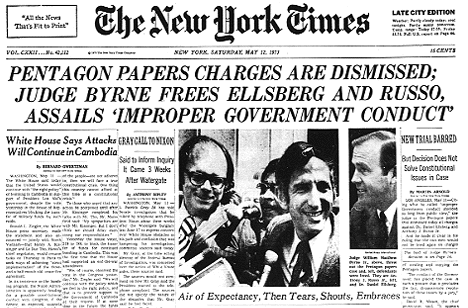Journalists at the Manchester Evening News have responded to the news that photographer Sean Wilton was arrested after taking pictures of an incident near to the city’s magistrates’ court on Monday.
According to a report by MEN Wilton was later released, after being what the police termed “de-arrested”.
“I tried to explain I wasn’t obstructing and was just doing my job, but to no avail,” Wilton says in the report. “When I tried to speak to him about the situation, he arrested me for breach of the peace. As professional photographers, we do try to conduct ourselves as professionally as possible.”
In a statement (attributed to mother of the chapel Bethan Dorsett) his colleagues in the NUJ MEN chapel said its photographers always abide by industry codes of conduct.
To be treated in such a way by police is completely unacceptable and very worrying. Either police officers do not understand our rights and responsibilities or they sometimes choose to ignore them – either is disturbing and suggests some education would be useful. We are sure the NUJ and MENMedia would be more than happy to discuss and clarify these matters with the police.
The police issued the following statement:
A photographer was arrested to prevent a breach of the peace and on suspicion of obstructing a police officer. Officers brought the situation under control and the photographer was de-arrested and subsequently released.
